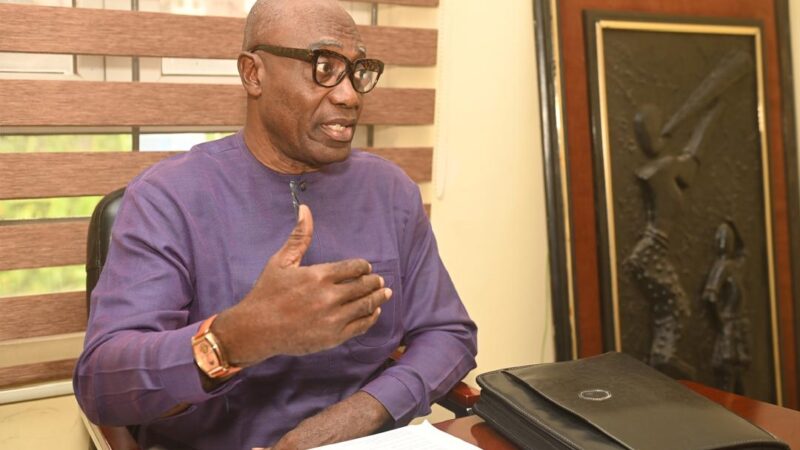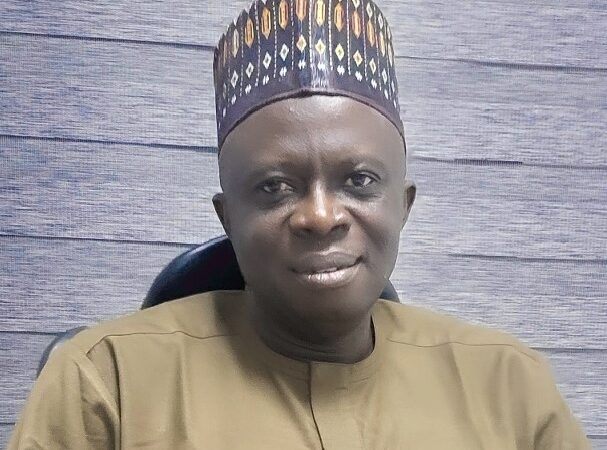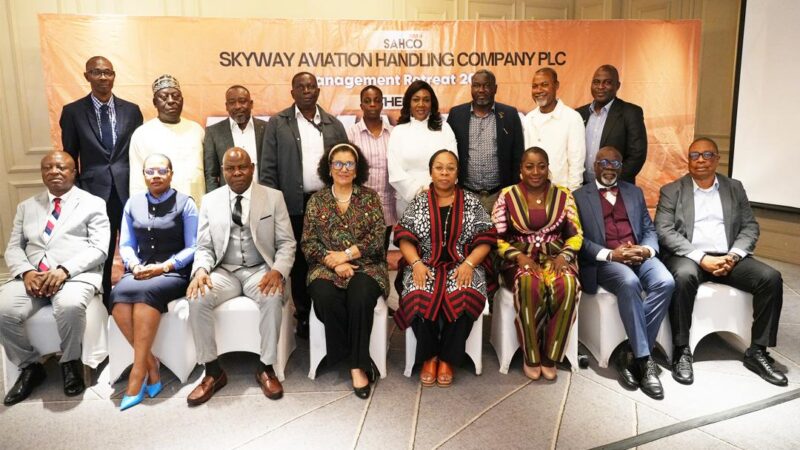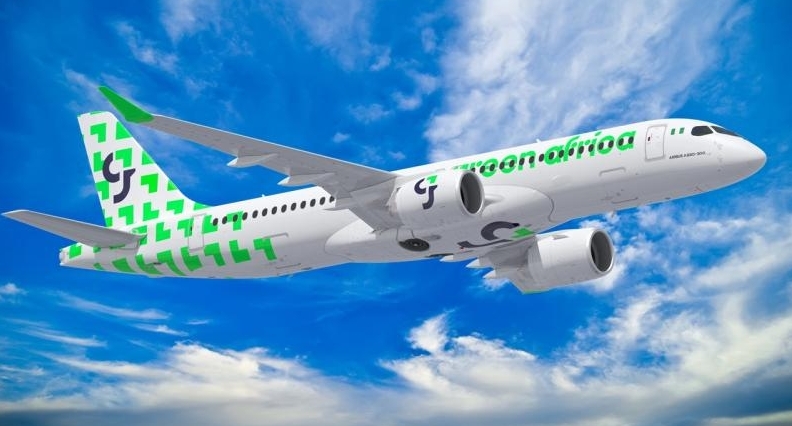Onyema Defends Airline’s Integrity, Celebrates Milestones, Calls for National Support

Chairman and Chief Executive Officer of Air Peace Limited, Dr Allen Onyema, has debunked misconceptions about the airline’s operations, defended its safety and maintenance record, and appealed to Nigerians to stop vilifying a homegrown brand that has consistently brought pride to the nation.
Speaking at a press conference in Lagos on Wednesday, Onyema offered a robust defence of the airline’s reputation in the face of what he termed “a targeted campaign” aimed at damaging its image, especially on social media platforms.
He lamented the proliferation of recycled and misleading videos designed to incite public distrust, insisting that many of them had no connection to the airline’s actual operations.
Unseen Realities of Airline Delays
Addressing the widespread criticism of flight delays, Onyema clarified that the overwhelming majority of such setbacks are caused by external factors beyond the airline’s control.
“About 94 to 95 per cent of delays and cancellations are not caused by airlines,” he asserted, citing recent data from the International Civil Aviation Organisation (ICAO). “Internal factors constitute just 2 per cent.”
This year alone, Air Peace has recorded over 30 bird strikes, adding to a five-year total of 115. Each incident, according to Onyema, has had a domino effect on other scheduled flights.
“Most of our delays stem from issues such as poor weather, bird strikes, infrastructure challenges, inadequate landing equipment, and sunset airports,” he said.
The Buffer System Solution
In a bid to address the persistent delays, the airline launched a buffer system on 10 May 2025. “This involves setting aside standby aircraft to respond quickly when flight disruptions occur,” Onyema explained. “Since the introduction, we’ve achieved an 85 per cent on-time departure rate daily.” Currently, three aircraft have been buffered for this purpose.
He stressed that Air Peace has a zero-tolerance stance for unsafe practices and only delays flights when absolutely necessary. “We do not cut corners. We cancel only when safety is at risk. Delays are not our culture – they are often forced on us,” Onyema insisted.
He urged the Nigerian public to appreciate the complexities involved in airline operations and the paramount importance of safety. “You need to be alive to criticise,” he stated with conviction. “We would rather you arrive late and safe than not arrive at all.”
He expressed dismay over the tendency among Nigerians to tear down indigenous enterprises. “This pull-him-down syndrome must stop,” he said. “Both government agencies and citizens must stop trying to destroy their own. If you destroy any indigenous business that provides massive job opportunities, you don’t know where the next suicide bomber, armed robber, or kidnapper will come from.”
Air Peace, since its inception, has employed over 5,000 Nigerians from diverse ethnic backgrounds, reinforcing its commitment to national development and unity.
Historic Milestones
Despite the challenges, Air Peace continues to record historic achievements. Onyema announced that on 26 October, the airline would commence its long-anticipated Abuja–Heathrow route, following the British authorities’ approval of landing rights at Heathrow Airport – a feat he described as a testament to the airline’s global credibility and Nigeria’s aviation diplomacy.
“I would like to thank President Bola Tinubu and the Minister of Aviation and Aerospace Development, Festus Keyamo, for their efforts in showcasing Nigeria to the world,” he said.
The airline will also begin flights to Antigua and Barbuda in September, and expand further into Africa with new routes to Congo, Gabon, and Brazzaville before the end of the year.
Additionally, the airline expects delivery of another Boeing 777, bringing its 777 fleet to four. With 36 aircraft purchased outright and four on wet lease, the airline is positioned for continued expansion.
Onyema lauded the Tinubu administration for transformative strides in aviation policy, particularly in making dry leasing accessible to local carriers for the first time in over a decade.
“Thanks to the implementation of the Cape Town Convention, Nigerian airlines are no longer blacklisted by global lessors. This means we can now lease aircraft and compete with international airlines on fairer terms,” he explained. He added that the move would conserve foreign exchange and potentially reduce ticket fares.
A Humanitarian Trailblazer
Beyond commercial aviation, Onyema beamed with pride as he recalled the airline’s humanitarian interventions over the past decade. During the COVID-19 pandemic, Air Peace moved medical supplies from China and other countries to Nigeria free of charge. The airline also carried out high-risk rescue missions to evacuate Nigerians from Ivory Coast, Sudan, South Africa, and Libya – often at its own expense and without government funding.
“No other Nigerian airline has done this,” Onyema declared. “We have spent billions of naira on these missions, not for profit, but out of patriotism. This airline was born out of a vision to bring peace to Nigeria.”
Reiterating the credibility of the airline’s operations, Onyema pointed to modern tracking technologies like FlightRadar24 that enable real-time verification of aircraft location. “You can’t hide an aircraft anymore. Everything is visible,” he said, in defence of the airline’s transparency.
“We have been validated worldwide, and our validation is not just limited to Nigeria,” he affirmed. “Air Peace is not just an airline – it is a national symbol of resilience, service, and hope. We deserve to be applauded.”
He urged Nigerians to support and defend homegrown institutions like Air Peace. “This is not just about Air Peace. It’s about Nigeria. It’s about our dignity, our pride, and our future.”
With milestones ahead and a vision rooted in service, Air Peace continues to carve a path in the skies – not just as a carrier of passengers, but as a bearer of national aspiration.







